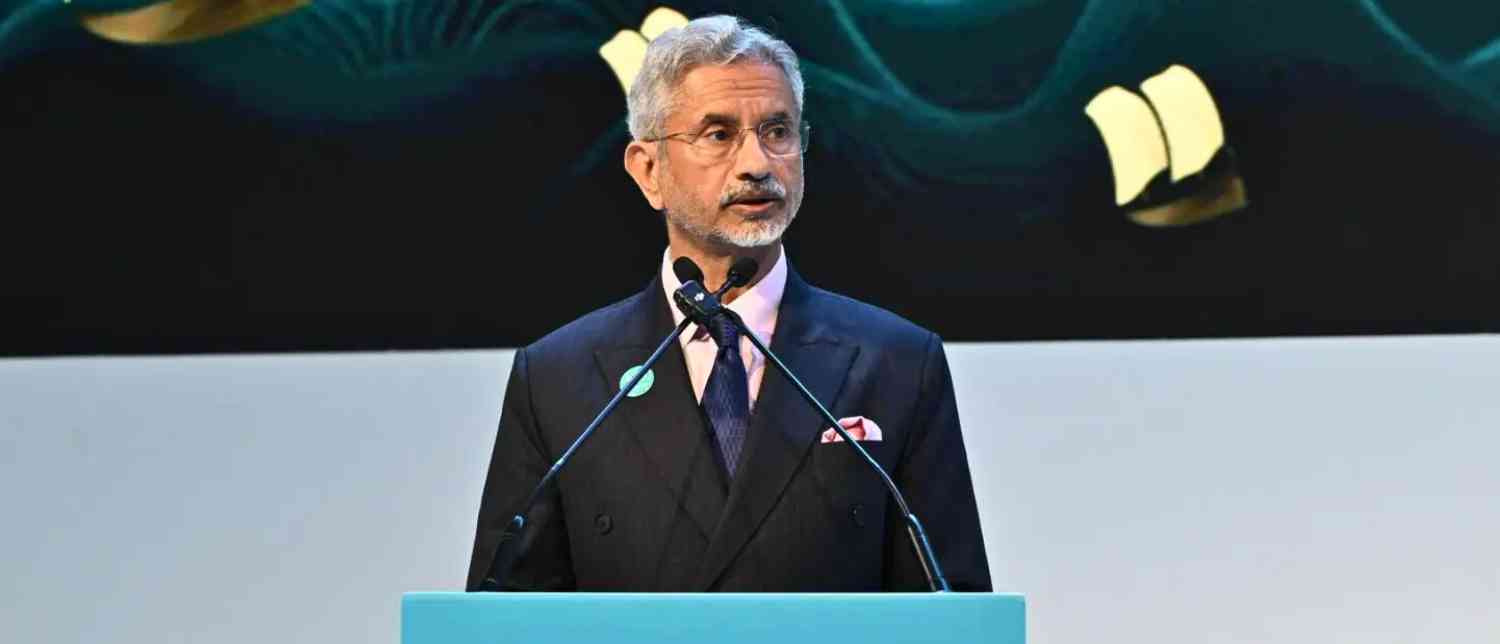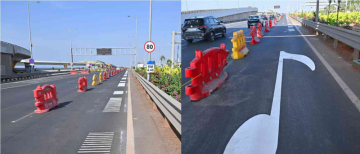At the recent G20 Foreign Ministers' meeting held in New York, India’s External Affairs Minister S. Jaishankar delivered a significant address highlighting terrorism as a persistent global threat to development and peace. He emphasized that terrorism disrupts progress and stability, urging the international community to adopt a stance of zero tolerance toward terrorist activities. Jaishankar’s remarks not only spotlight the dangerous link between terrorism and development setbacks but also called for urgent reforms in global multilateral institutions to better address present-day challenges.
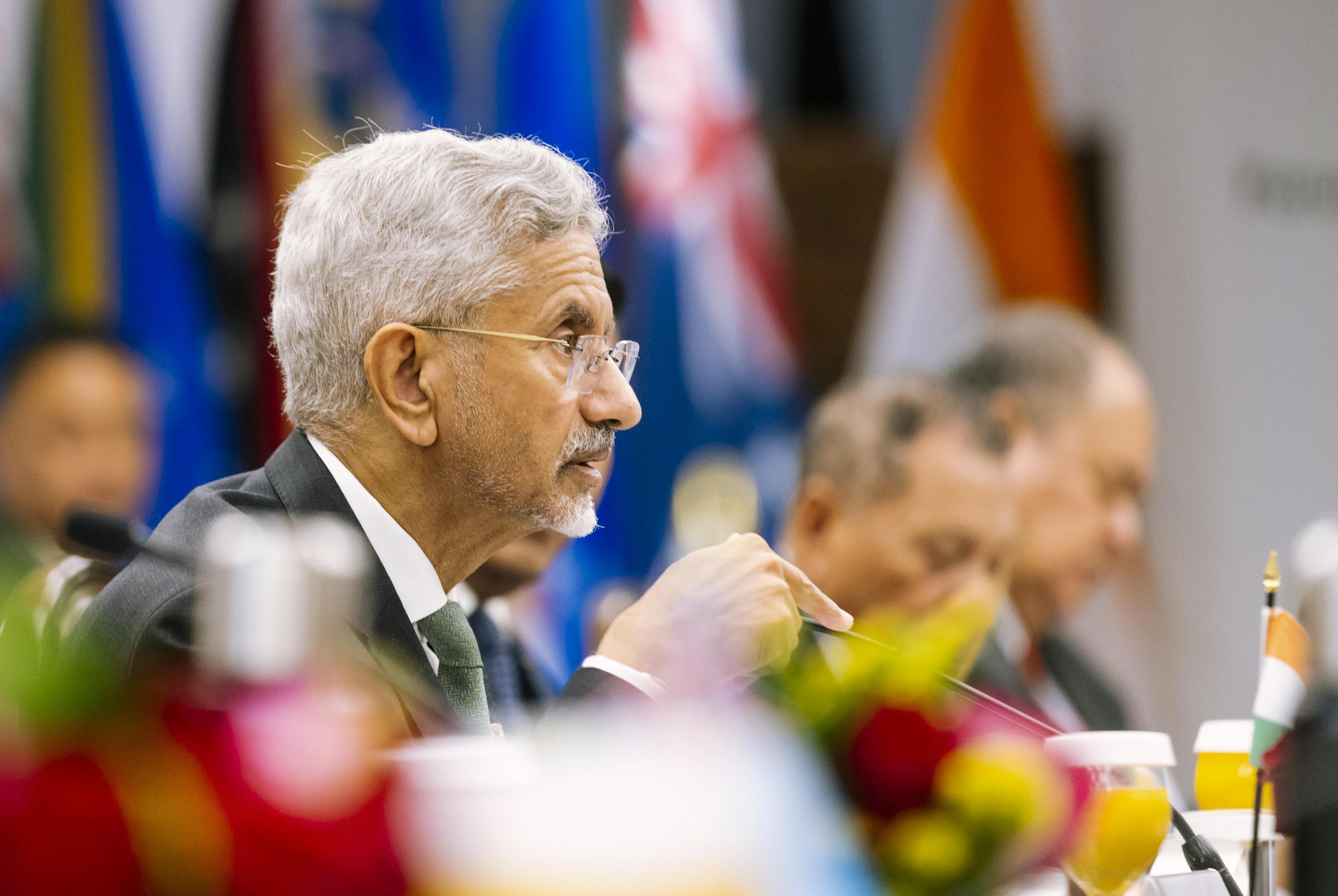
Jaishankar described terrorism as a "perennial disruptor of peace" and a continual threat to development worldwide. He pointed out how terrorism hampers economic progress by destabilizing regions, creating insecurity, and diverting resources from constructive growth to counter-terrorism efforts. This persistent menace especially affects developing countries, often leading to elevated costs of food, fuel, and essential commodities, thereby impacting the broader global economy, particularly the Global South. The minister stressed that fighting terrorism is not just a national responsibility but a service to the entire international community because terrorist networks function beyond borders.
Jaishankar’s address underscored the need for global unity in combating terrorism. He urged nations to collectively reject any tolerance or accommodation towards terrorist groups and their supporters. He explicitly suggested that countries actively opposing terrorism perform a valuable service by safeguarding peace and development worldwide. While not naming specific operations, he indirectly referred to India’s efforts, such as "Operation Sindoor," targeting terrorist enclaves outside its borders. This conveys a message that regional and international cooperation is crucial in dismantling terror networks.

A significant part of Jaishankar’s speech was dedicated to addressing inconsistencies in the global response to terrorism and sanctions. He criticized what he termed "double standards" in applying sanctions, especially those related to conflicts in Ukraine and Gaza. According to him, these sanctions have inadvertently contributed to economic instability, particularly in poorer countries, by disrupting supplies and increasing prices of essentials like energy and food. This critique highlights the complex geopolitical dynamics that sometimes hinder effective global cooperation against terrorism and its economic fallout.
Jaishankar also pointed to the visible limitations of current multilateral institutions, including the United Nations, in addressing the intertwined challenges of terrorism, conflicts, and economic pressures effectively. He called for urgent reforms in these institutions to make them more responsive to today's volatile political and economic environment. The minister's message resonated with UN Secretary-General Antonio Guterres’ call for rebuilding trust and reaffirming peace as the foundation for sustainable development. Strengthening these global institutions is portrayed as essential for fostering dialogue, diplomacy, and collective security against terrorism.
This G20 meeting came at a time when global development faces multiple threats: geopolitical conflicts, economic disruptions, and the persistent specter of terrorism. Jaishankar’s speech encapsulates the complex reality that peace and development are deeply interconnected — peace enables development, but instability and terrorism threaten to reverse progress. His call to the G20 countries—the world's major economies—to take responsibility underscores the shared challenge of maintaining stability and promoting prosperity for all nations.
In a world where terrorist networks increasingly exploit global connectivity, the fight against terrorism requires unity, clear policies, and reform of international structures. It is not only about addressing immediate security threats but about creating an environment where economic and social development can flourish free of violence and fear. The emphasis on zero tolerance for terrorism, balanced with a critique of the current global order’s shortcomings, presents a realistic and pragmatic approach that urges collective commitment without leaning toward any particular side in conflicts.
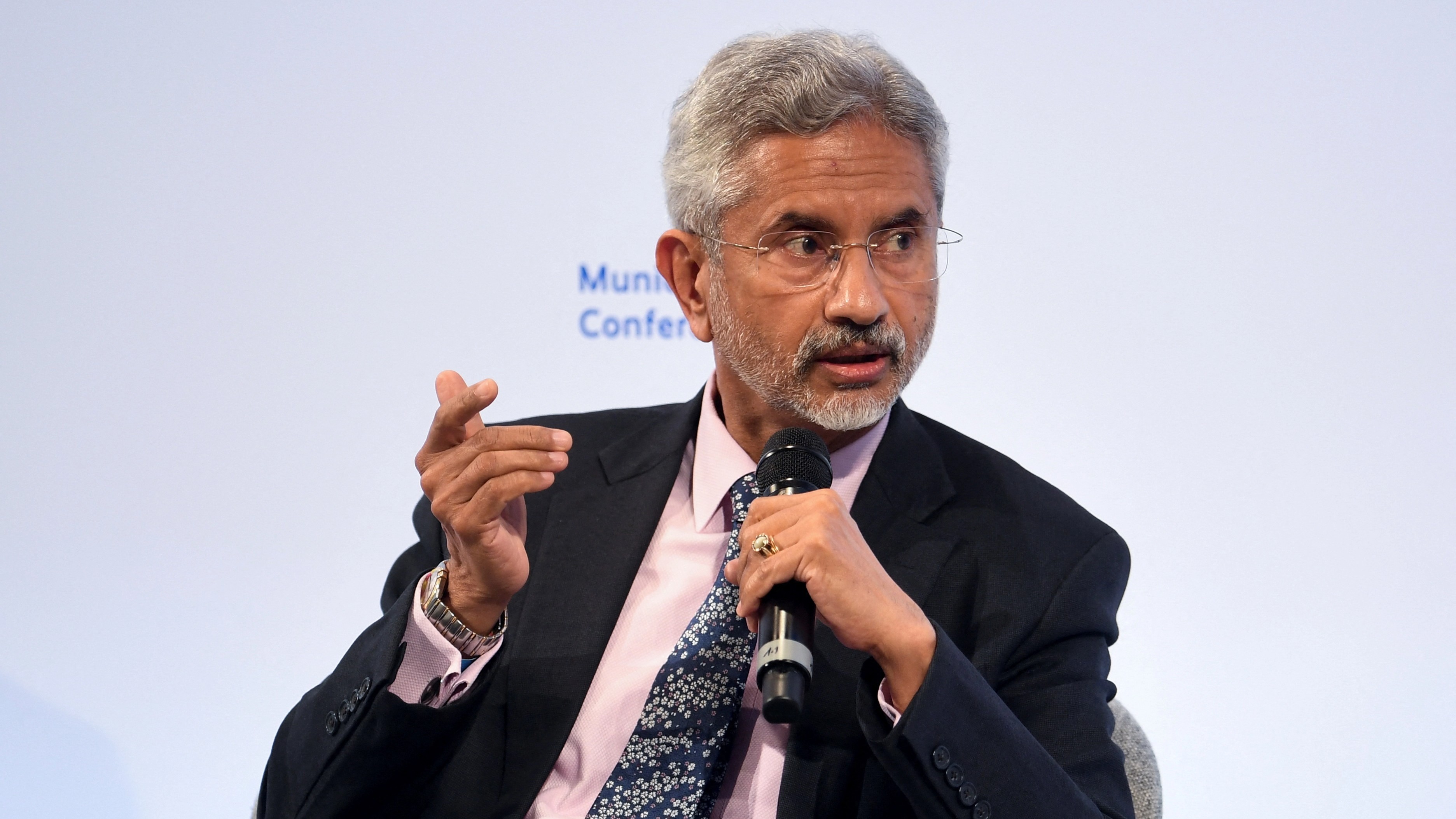
External Affairs Minister S. Jaishankar at the G20 Foreign Ministers' meeting called terrorism a persistent threat undermining development and peace worldwide. His warnings and recommendations focused on the need for zero tolerance toward terrorism, the elimination of double standards in international sanctions, and urgent reforms in multilateral institutions. The message places development and security as a shared global responsibility, requiring cooperation, diplomacy, and institutional renewal. It reflects an understanding that sustainable development cannot be achieved without addressing the security challenges posed by terrorism and geopolitical tensions comprehensively and fairly.
This perspective encourages the world to act unitedly and pragmatically, recognizing terrorism's cross-border nature and the economic ripple effects that disproportionately affect vulnerable nations. The G20 deliberations thus bring to light the necessity of collaborative global efforts to safeguard peace and foster inclusive development for a stable future.
With inputs from agencies
Image Source: Multiple agencies
© Copyright 2025. All Rights Reserved. Powered by Vygr Media.

